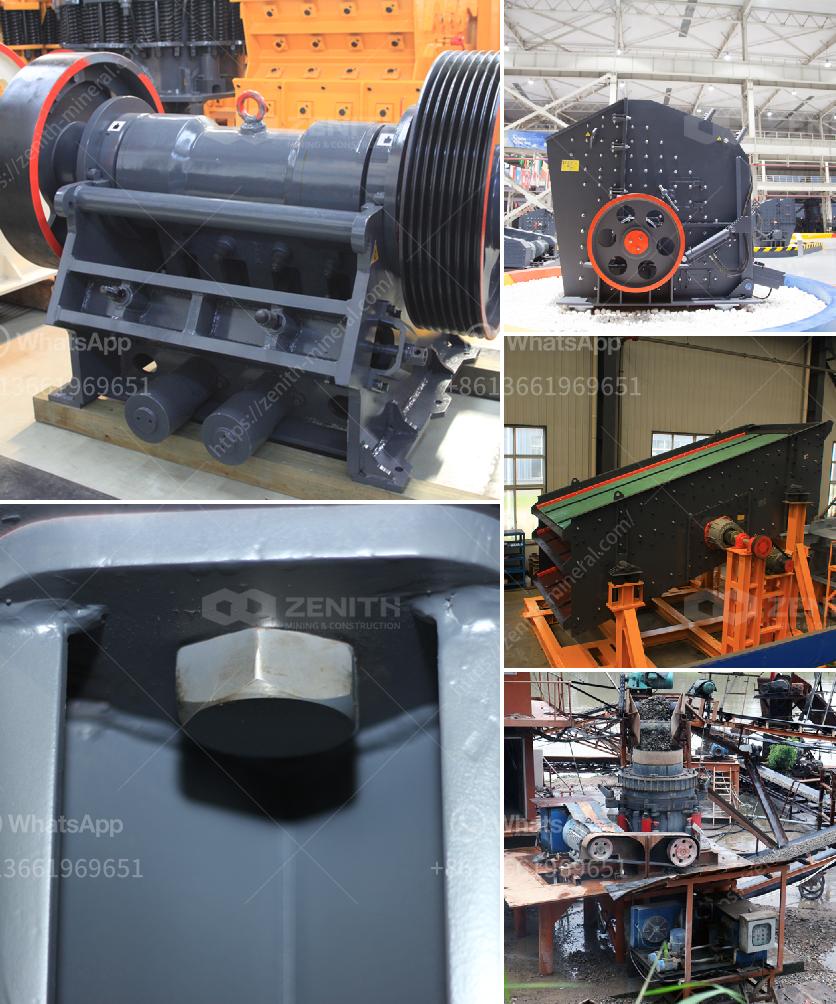Manganese jaws are used in crushers primarily because of manganese steel's high impact strength and resistance to abrasion and wear. Manganese steel, often referred to as Hadfield steel, contains approximately 12-14% manganese and 0.8-1.25% carbon. This unique combination makes it ideal for heavy-duty applications, including in jaw crushers, which often encounter high-stress environments.
Here are some key reasons manganese jaws are preferred:
Durability: Manganese steel is incredibly tough and can withstand significant impact and abrasive forces without deforming or breaking.
Work Hardening: Manganese steel becomes harder and more wear-resistant under impact or compressive loads, which is ideal for the repetitive mechanical stress seen in crushers.
Service Life: The work hardening properties mean that the material can last longer compared to other alloy steels, reducing the frequency of replacements and downtime in the operation.
Economic Efficiency: Though manganese steel is initially more expensive, its longevity and reduced need for replacements make it cost-effective in the long run.
In essence, the choice of manganese jaws in crushers ensures that the equipment remains efficient, durable, and capable of handling the tough job of breaking down hard materials.
